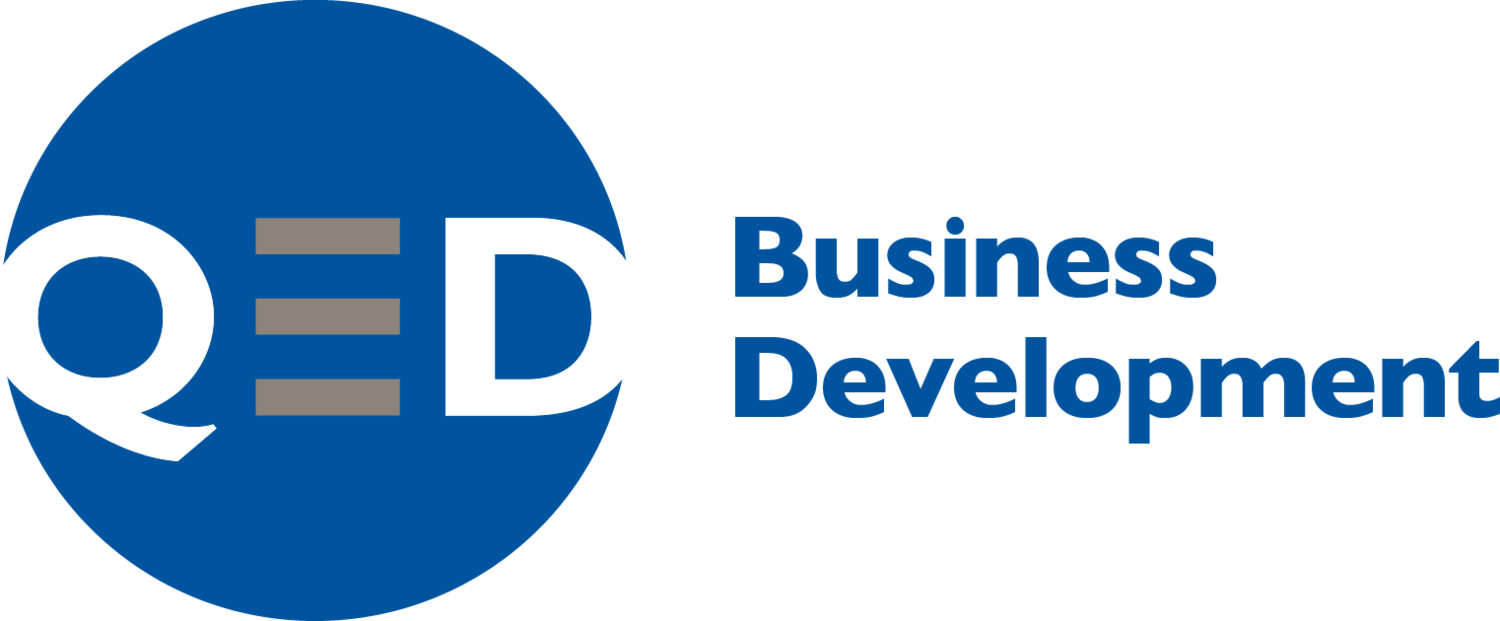I’ve seen many CVs and proposals and I can’t imagine the word count I’d have seen on the word ‘commercial’. It seems that every second person lays claim to being commercial. I ask you – what does that mean? Does it mean you’re decisive? No. Does it mean you’re timely? No. Does it mean you’re technically strong? No.
It means you understand the CLIENT’S economics (including their risk appetite) and are flexible enough with the way you interpret legal or accounting or regulatory impediments to enable the deal in front of you. If you can provide examples of that, as a buyer, I’m all yours!








